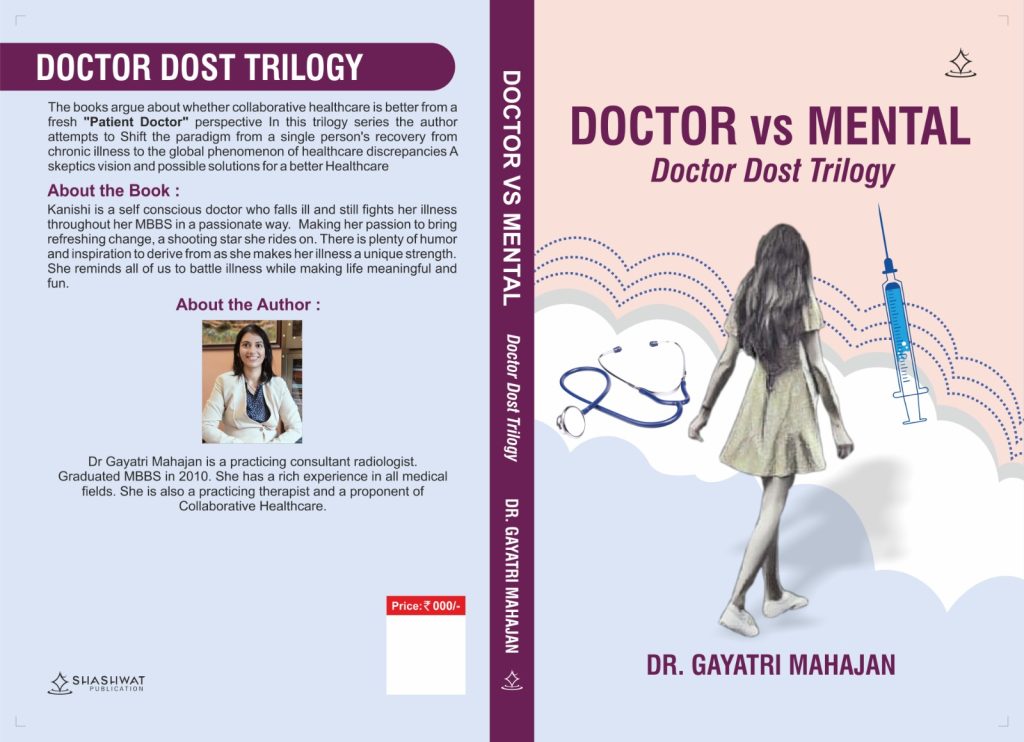
Arogya shrinkhala
Dr. Gayatri Mahajan believes collaborative healthcare cannot be taken seriously if it is judged only in terms of individual results
It is a need of the hour to Decrease the width of Fuzzy boundries between the different systems.
Short-term results may vary depending upon the spirit of benevolence in society
In that sense Dr Mahajan’s approach to healthcare means nothing unless it is assumed and recreated in Indian community in struggle. This evoked the Utopian vision.
By choosing collaborative healthcare we Choose herd mentality to promote the intention of recovery in healthcare and by default the entire population
Bettering healthcare laterally refers to exploring radical new ways to using these diverse medical educations
Staying in remission does not necessarily require cutting-edge technology; a well intentioned inbuilt system is more important.
Compared to the current healthcare scenario collaborative healthcare is durable and affordable, which includes recovery for patients and doctors alike. People could be in remission for years not to mention from serious chronic illness too because the holistic medical branches are already equipped with research and are in full practice.
Making healthcare holistic is the vision.
Trans – medical system research needs to be included in experimental medicine.
The collaborative healthcare design is inspired by treatments in multispeciality hospitals in acute period of any illness and the chronic stage where in holistic modalities must be rendered to propel recovery or long term remission
As is seen chronic illness in urban areas and active management of acute illness with lack of finances in rural areas.
This also leads to decreased burden on healthcare.
It is her vision for Indian healthcare to have all medical systems being explored in full swing in scientifically aligned manner with little hassle for every patient concerned.
Currently , Independently practising Doctors do refer cases to other systems, but this practice is still not perpetuated.
In propelling the collaborative healthcare practice therefore, she proposes the value of bringing the knowledge of trans systemic treatments through her non profit organisation Arogya Shrinkhala
She also asserts that those who have knowledge must engage in dialogue wherein they may learn, together with doctors from other branches, how to apply their common partial knowledge to the patients greater good.
Doctor dost book

As a Patient Doctor, Dr Gayatri Mahajan
Those who are truly oppressed do not enjoy the freedom to fail, the luxury of experimenting. This is why people with chronic illness have no difficulty recognizing my voice as their own.
As a doctor she truly believes that no change agent or technical expert has the right to impose personal options on others.
Believing that other medical systems don’t work when there is no compelling evidence is a mistake
Why doesn’t the healthcare talk about it and neither do they talk about how to be in prolonged remission /recovery
Trust is lost as the healthcare system is built that way.
We demand the most rigorous standards of evidence, especially on what is important to us.
She truly want to believe that recovery is possible from any chronic illness.

